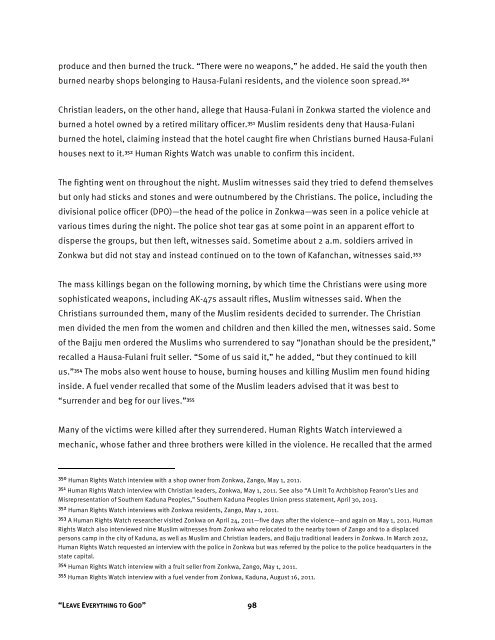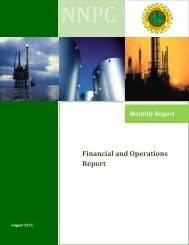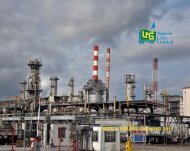Create successful ePaper yourself
Turn your PDF publications into a flip-book with our unique Google optimized e-Paper software.
produce and then burned the truck. “There were no weapons,” he added. He said the youth then<br />
burned nearby shops belonging to Hausa-Fulani residents, and the violence soon spread. 350<br />
Christian leaders, on the other hand, allege that Hausa-Fulani in Zonkwa started the violence and<br />
burned a hotel owned by a retired military officer. 351 Muslim residents deny that Hausa-Fulani<br />
burned the hotel, claiming instead that the hotel caught fire when Christians burned Hausa-Fulani<br />
houses next to it. 352 Human Rights Watch was unable to confirm this incident.<br />
The fighting went on throughout the night. Muslim witnesses said they tried to defend themselves<br />
but only had sticks and stones and were outnumbered by the Christians. The police, including the<br />
divisional police officer (DPO)—the head of the police in Zonkwa—was seen in a police vehicle at<br />
various times during the night. The police shot tear gas at some point in an apparent effort to<br />
disperse the groups, but then left, witnesses said. Sometime about 2 a.m. soldiers arrived in<br />
Zonkwa but did not stay and instead continued on to the town of Kafanchan, witnesses said. 353<br />
The mass killings began on the following morning, by which time the Christians were using more<br />
sophisticated weapons, including AK-47s assault rifles, Muslim witnesses said. When the<br />
Christians surrounded them, many of the Muslim residents decided to surrender. The Christian<br />
men divided the men from the women and children and then killed the men, witnesses said. Some<br />
of the Bajju men ordered the Muslims who surrendered to say “Jonathan should be the president,”<br />
recalled a Hausa-Fulani fruit seller. “Some of us said it,” he added, “but they continued to kill<br />
us.” 354 The mobs also went house to house, burning houses and killing Muslim men found hiding<br />
inside. A fuel vender recalled that some of the Muslim leaders advised that it was best to<br />
“surrender and beg for our lives.” 355<br />
Many of the victims were killed after they surrendered. Human Rights Watch interviewed a<br />
mechanic, whose father and three brothers were killed in the violence. He recalled that the armed<br />
350 Human Rights Watch interview with a shop owner from Zonkwa, Zango, May 1, 2011.<br />
351 Human Rights Watch interview with Christian leaders, Zonkwa, May 1, 2011. See also “A Limit To Archbishop Fearon’s Lies and<br />
Misrepresentation of Southern Kaduna Peoples,” Southern Kaduna Peoples Union press statement, April 30, 2013.<br />
352 Human Rights Watch interviews with Zonkwa residents, Zango, May 1, 2011.<br />
353 A Human Rights Watch researcher visited Zonkwa on April 24, 2011—five days after the violence—and again on May 1, 2011. Human<br />
Rights Watch also interviewed nine Muslim witnesses from Zonkwa who relocated to the nearby town of Zango and to a displaced<br />
persons camp in the city of Kaduna, as well as Muslim and Christian leaders, and Bajju traditional leaders in Zonkwa. In March 2012,<br />
Human Rights Watch requested an interview with the police in Zonkwa but was referred by the police to the police headquarters in the<br />
state capital.<br />
354 Human Rights Watch interview with a fruit seller from Zonkwa, Zango, May 1, 2011.<br />
355 Human Rights Watch interview with a fuel vender from Zonkwa, Kaduna, August 16, 2011.<br />
“LEAVE EVERYTHING TO GOD” 98




